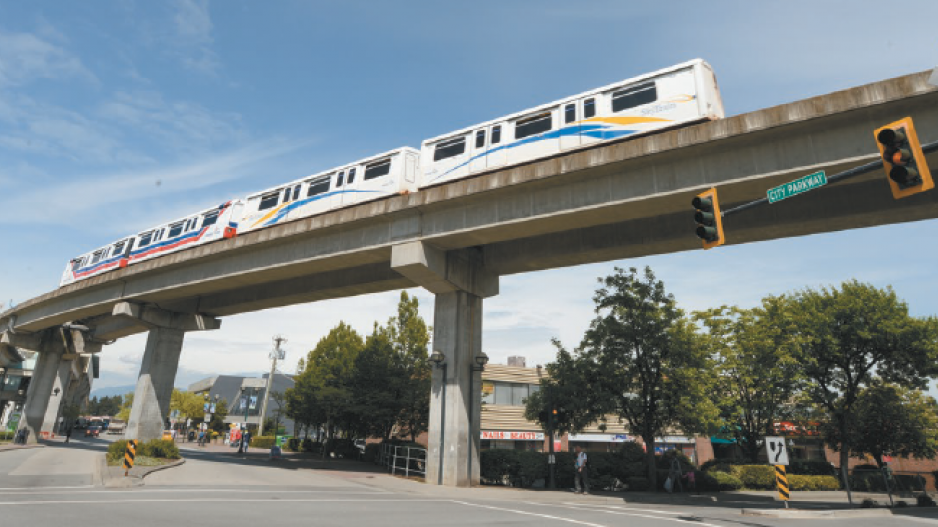How many times have we heard this response to the B.C. government’s plebiscite on transit and transportation funding: “A no vote delivers a clear message”?
In one recent version, the one clear message was: “Governments are already taking enough of my money. No more taxes.”
This was from a business columnist who broke down her argument into justifiable concerns about excessive pay for public-sector workers; her belief that the public sector “cannot be trusted to spend money in the careful way individuals spend their own money”; her confidence in local governments’ ability to find the money elsewhere; her assertion that the B.C. government could cover the $250 million regional contribution from last year’s provincial surplus; her outrage over other tax increases; and her compassion for people living on fixed incomes or squeezed by high housing prices.
Is it just me, or is that message not clear at all?
If I were the minister of transportation the day after a no vote, what would be my first order of business based on that one clear message?
Refuse to finance any vital transportation improvements until public-sector wages were in line with the private sector? (Too late for that. Automobile improvements are already financed!) Lower BC Hydro, B.C. medical and other rate increases and somehow turn those losses into new revenue? Figure out a way to bring down housing prices? Make sure any new taxes were restricted to specific projects and subject to an annual public audit overseen by Jim Pattison? (Oops, already tried that.)
Pay for transit improvements out of provincial revenue and admit that this whole expensive, unwanted plebiscite fiasco was indeed a stupid waste of time? Wait until all public spending is deemed trustworthy by the Canadian Taxpayers’ Federation? Hammer local mayors to suck it up and find the money in their own “bloated budgets,” knowing the political chances of achieving that noble goal are slim to nil?
While the minister ponders that mishmash, let him forget another one clear message at his peril: no new spending until TransLink has an accountable board.
Or is it no new spending until TransLink is blown up and replaced with a new body that only cuts spending; or, no new spending until the outgoing TransLink CEO is paid out with severance instead of staying on and being useful? Or no new spending until TransLink fires everyone who makes a six-figure salary? Or no new spending until the Compass card is properly functioning? Or no new spending until the TransLink police force is disbanded and fare cheaters are apprehended with Auto Tasers or something?
But wait, there’s more.
A lot of avowed transit lovers have another “one clear message”: “No regressive taxes that land disproportionally on low-income people.”
That’s even though the actual cost of the proposed 0.5% PST increase is $0.08a day for a low-income person. (My math: $0.35 a day for the average household of 2.6 people; say $0.20 a day per low-income household = $0.08 per person. Regressive in theory, trivial in practice.)
The only one clear message all these heartfelt no votes can truly claim is: I cannot bring myself to support the only proposal on the table, backed by municipal, regional and provincial governments, endorsed by 130-plus organizations from all walks of life, that – in spite of its inevitable flaws – is guaranteed to strengthen the economy, spread costs evenly, clean up the air and save lives, reduce spending on costly automobile infrastructure and subsidies, improve social equity, reduce public health costs, give employers access to a wider range of employees, give tens of thousands of households a chance to save $10,000 a year in automobile expenses, speed up goods movement, and reduce congestion and commuting times.
A no vote lets the perfect be the enemy of all that good.
Peter Ladner ([email protected]) is a c0-founder of Business in Vancouver. He is a director of the Better Transit and Transportation Coalition and the author of The Urban Food Revolution.




